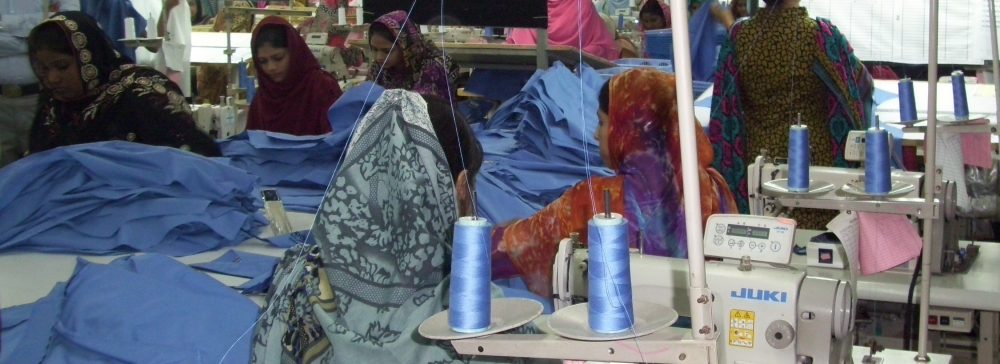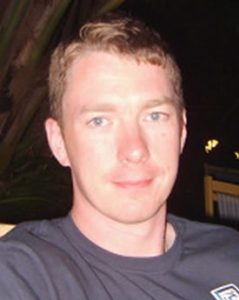Amy Horton (QMUL) reports on SIEG2016 Kentucky
The EGRG was pleased to support Amy Horton (QMUL) to attend the Summer Institute in Economic Geography at Kentucky University this summer. Amy Horton was awarded £175 towards her travel costs. A reports on her time at the Summer Institute can be found below.
Report on the Summer Institute for Economic Geography, 2016
Amy Horton, PhD candidate, Queen Mary University of London
Thanks to support from the EGRG, I was able to take part in the eighth Summer Institute for Economic Geography. The event was hosted by Jamie Peck and faculty from the University of Kentucky, who – together with several plenary speakers – shared their reflections on how the field had evolved, as well as some of their latest research. Around 40 PhD students and early career researchers joined in spirited debates. Reflecting the geographical roots of the discipline, most of us came from universities in the UK and North America, but participants from other parts of Europe, Tanzania and China offered other perspectives. This short report highlights a few aspects of the week that stood out to me, and which will help to shape my thesis on financialisation and organising within eldercare.
We took up debates from previous iterations of SIEG about whether economic geography had diversified so much that it lacked any kind of unifying agenda and approach, which might limit our capacity to engage with economists and policymakers. Participants questioned whether there was in fact an invisible yet powerful centre, from which the various disciplinary ‘turns’ were narrated, while feminist and postcolonial economic geography remained marginalised. Some participants resisted the positioning of economic geography relative to economics, preferring instead to work with other geographers. Many were keen to avoid being state-centric by engaging with other actors – though a lively conversation about why economic geographers had not been more vocal about the UK’s referendum on EU membership revealed a number of concerns about publishing controversial opinions and accessing audiences who are wary of ‘experts’. A session discussing the legacy of Doreen Massey reminded us of shared foundational ideas in the field, and we found some common ground in seeking to explain uneven development. There was also agreement that our research could reach wider audiences if we gave more attention to methods to show rigour, and used a fuller range of qualitative and quantitative approaches such as surveys, big data and visual methods. Many of us felt that more thorough and continuous training would help in this respect.
Thematically, the range of research on finance demonstrated the scope for economic geography to deconstruct dominant understandings of the economy and to ‘provincialise’ western finance. Beverley Mullings presented her research on attempts by the Jamaican government and development institutions to shape diasporic subjects into risk-taking, patriotic investors, thus depoliticising sovereign debt. Jane Pollard described how she had shifted from studying Islamic banking to investigating remittances and charitable giving by Somalis in east London. By attending to different values and positions in relation to mainstream finance, she problematised standard notions of financial inclusion and exclusion. I look forward to contributing to the theorising of hybrid and global forms of finance through my doctoral research.
Discussions of markets, value and labour exposed some major divides according to geographical and theoretical perspectives. Researchers in the US examined the (arguably growing) overlap between places of work, social reproduction, and organising, and how value and subjects are produced by multiple actors including the state. A global production network approach, in contrast, focused on the firm as the key operator, in the context of rising unionisation and middle class formation in much of the global south. Productive intersections for the two approaches could include more comparative work and studies of informality and livelihoods, in light of automation and the growing ranks of unemployed, “disposable” youth. Climate change and the Anthropocene were notably absent from most of the discussion, despite interesting debates on markets in nature and new research on extractive industries. There remains, then, scope to better integrate insights from political ecology and environmental economics into our work.
Even if consensus remained elusive on what unites economy geography, many of us face similar challenges in working within neoliberalising universities (and our insights here are one way of speaking to other disciplines). We shared reflections on publishing, job hunting, securing funding and teaching. At least as helpful as the practical advice was the willingness to acknowledge the emotional difficulties and trade-offs involved, particularly given the hyper-mobility expected of new researchers in the job market and the pressures on teaching from surveillance and the sensitivity of key issues, such as race. By the end of the week, I felt much more a part of an exciting, supportive academic community. Conversations continue online, and there are plans for reunions and potential collaborations at future conferences.

![IMG_4256[1]](https://egrg.org/wp-content/uploads/2015/09/IMG_42561-1-225x300.jpg)


